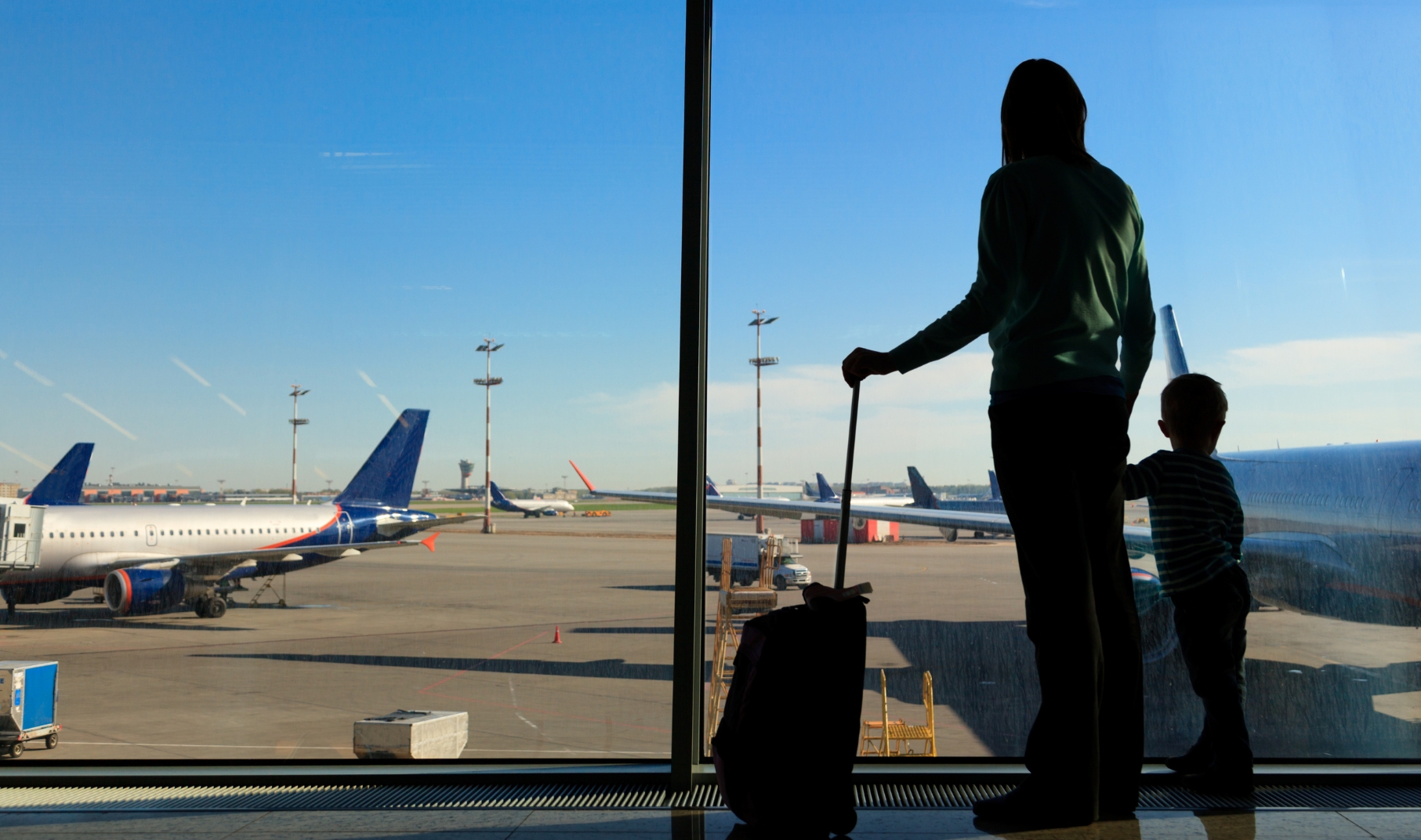
A dependent visa is a specialized type of visa that allows the family members of an individual who holds a primary visa to live with them in a foreign country. This primary visa is typically associated with reasons such as work, study, or other legal reasons for residing in a foreign nation. The purpose of a dependent visa is to ensure that families can stay together while one member pursues their activities abroad. The benefits of a dependent visa are substantial for families seeking to stay connected and maintain a stable life while one member works or studies overseas. This type of visa offers spouses, children, and sometimes even the parents of the primary visa holder the opportunity to legally reside in the host country. This in turn allows families to share experiences, provide emotional support, and ensure a cohesive family unit despite geographical separation.
Dependent visa holders often gain access to certain rights and privileges in the host country. These can include access to healthcare, education, and the ability to work or study themselves, depending on the local regulations. The ability to work is particularly valuable, as it can contribute to the family's financial stability and provide opportunities for personal growth. It's important to note that the benefits and specific provisions of dependent visas can vary significantly from country to country. Eligibility criteria, application processes, and the extent of rights granted to dependents differ based on immigration policies and local laws. Therefore, individuals considering a dependent visa should thoroughly research the regulations of the specific country they intend to move to and consult official government sources or legal experts if needed.
